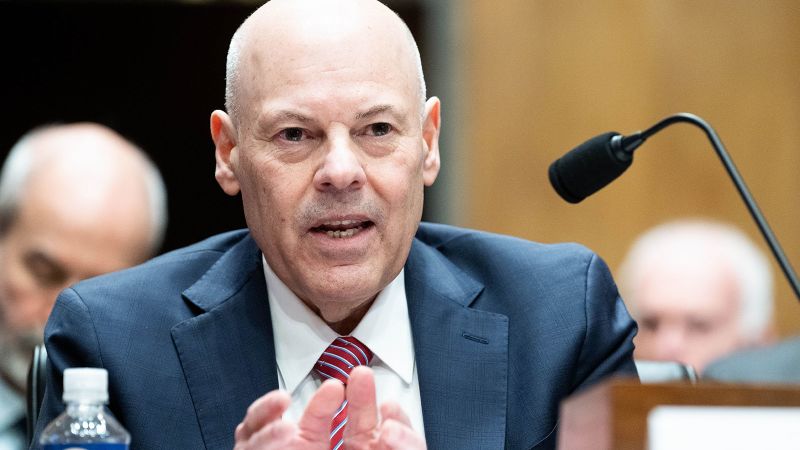Postal Shakeup: Louis DeJoy's Turbulent 5-Year Reign Comes to an End

In a significant leadership transition, Louis DeJoy is set to step down from his role as Postmaster General of the United States Postal Service, the agency announced on Tuesday. DeJoy's nearly five-year tenure has been a tumultuous period marked by unprecedented challenges, including navigating the complexities of mail delivery during the COVID-19 pandemic and managing the surge of mail-in ballots during recent elections.
Throughout his controversial leadership, DeJoy implemented aggressive cost-cutting measures and service reductions aimed at stabilizing the financially struggling postal agency. His strategic changes sparked widespread debate and criticism from postal workers, politicians, and voting rights advocates who argued that his reforms could potentially impact mail-in voting and overall postal service efficiency.
The announcement of his departure signals a potential shift in the USPS's operational strategy and leadership approach, leaving many wondering about the future direction of this critical national infrastructure organization.

